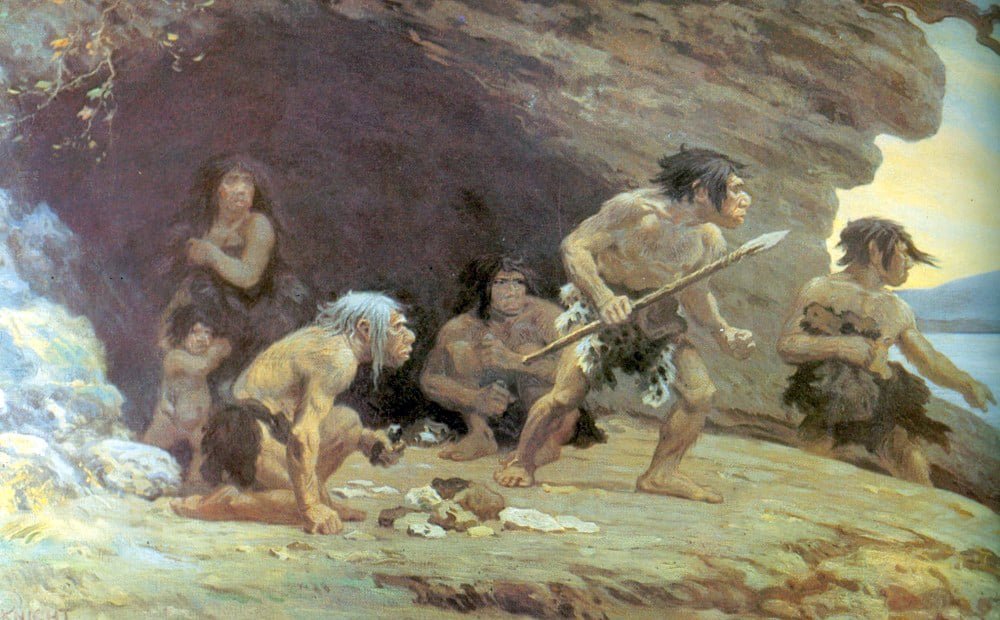
Scientists have uncovered how blood groups helped early humans (Homo sapiens) in their survival and expansion across the globe. The findings, published in Scientific Reports, highlight the role of genetic diversity in shaping the success of modern humans compared to Neanderthals.
The study analyzed the blood group genes of 22 early humans and 14 Neanderthals, providing new insights into how our ancestors adapted to a changing world.
Blood groups: A window into human history
Blood groups, commonly associated with transfusions, offer more than just medical importance. They act as a window into human history, showing how ancient populations adapted to diseases and new environments.
The research reveals that when Homo sapiens left Africa around 70,000 years ago, they carried genetic traits that helped them survive in unfamiliar climates and resist local diseases.
In contrast, Neanderthals, who had lived in Eurasia for much longer, retained older and less varied genes, limiting their ability to adapt.
Genetic diversity as a survival tool
One significant difference between the two groups was genetic diversity. Homo sapiens had more varied blood group genes, which provided an advantage in coping with challenges like new diseases and environmental changes.
When early humans arrived in Eurasia from Africa they began interbreeding with Neanderthals, and this doomed Neanderthals to extinction because of blood type incompatibility. It seems that human blood evolved to ensure long-term survival, while Neanderthal blood did not. pic.twitter.com/pIzkEAv61j
— Eva Lewarne – #IStandWithTrudeau2025 (@EvaLewarnee) January 27, 2025
For instance, these genes helped modern humans resist illnesses in the regions they migrated to, ensuring their survival. Neanderthals, however, struggled with less diversity. This may have been a key factor in their eventual extinction.
Traces of Neanderthal genes in modern populations
The study also discovered remnants of Neanderthal genes in modern populations. A gene linked to the Rh blood system, still found in some people in Oceania, likely came from interbreeding between Neanderthals and modern humans thousands of years ago.

While this interbreeding contributed to genetic diversity in certain populations, it did not prevent Neanderthals from disappearing as they failed to adapt to rapid changes in their environment.
The mystery of lost genes
Researchers also uncovered genes in ancient humans that no longer exist in people today. These “lost genes” were part of lineages that vanished over time.
One example is Ust’Ishim, a man who lived in Siberia 45,000 years ago. His genetic makeup included unique traits not found in any living population.
Modern applications of ancient genetic research
Beyond understanding history, the study highlights the practical applications of ancient genetic research. By studying how ancient humans adapted to diseases, scientists can develop better strategies to tackle modern health issues.
Basics of Duffy blood group system:#bloodtransfusion#bloodbank#bloodgroup#bloodtype#transfusion#blood#bloodgroupsystem pic.twitter.com/FnFhdj03t0
— Dr Satishkumar Krishnan (@ksk_ny) July 14, 2023
The Duffy blood group system, for example, includes genes that help some people in Africa resist malaria. Insights like these could inform treatments and improve blood transfusion safety.
The findings underscore how genetic diversity shaped Homo sapiens survival and success. Researchers conclude that studying ancient blood groups not only sheds light on our past but also offers solutions for present and future challenges.


